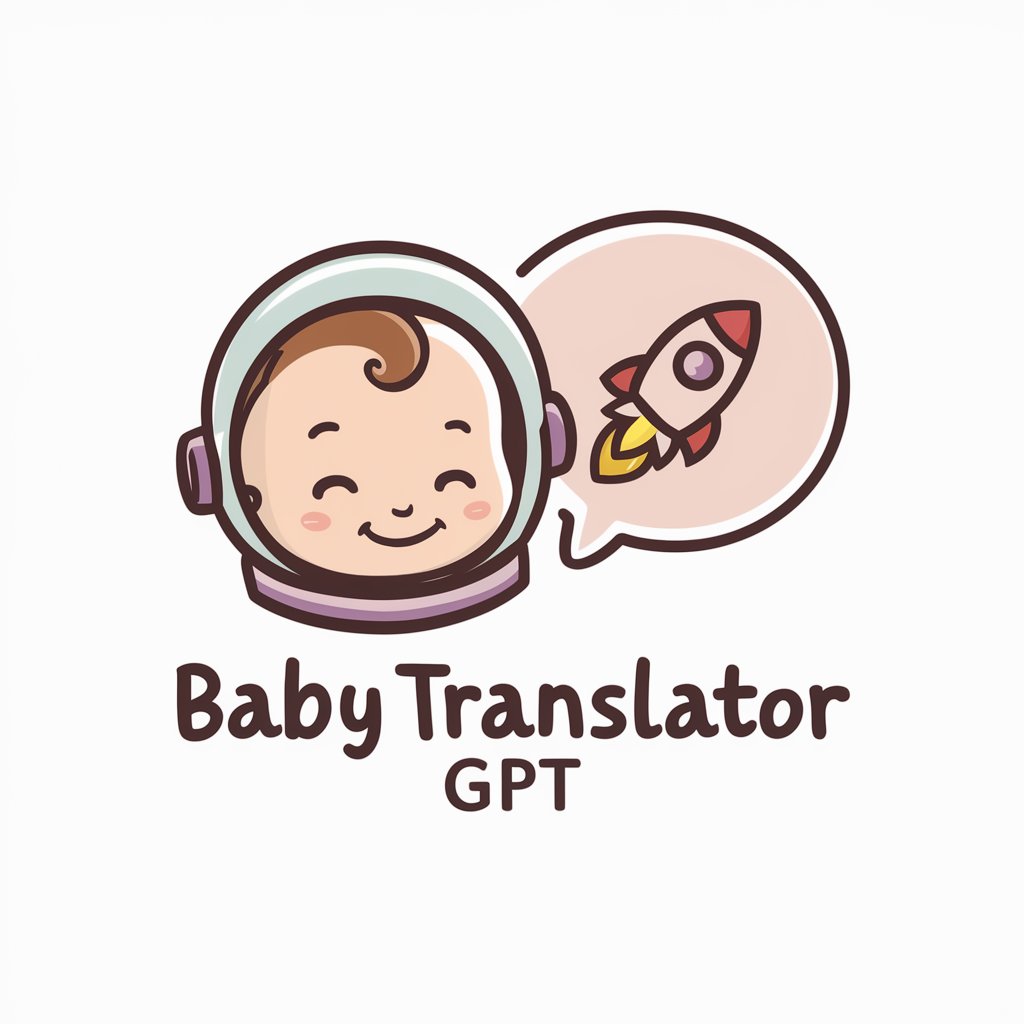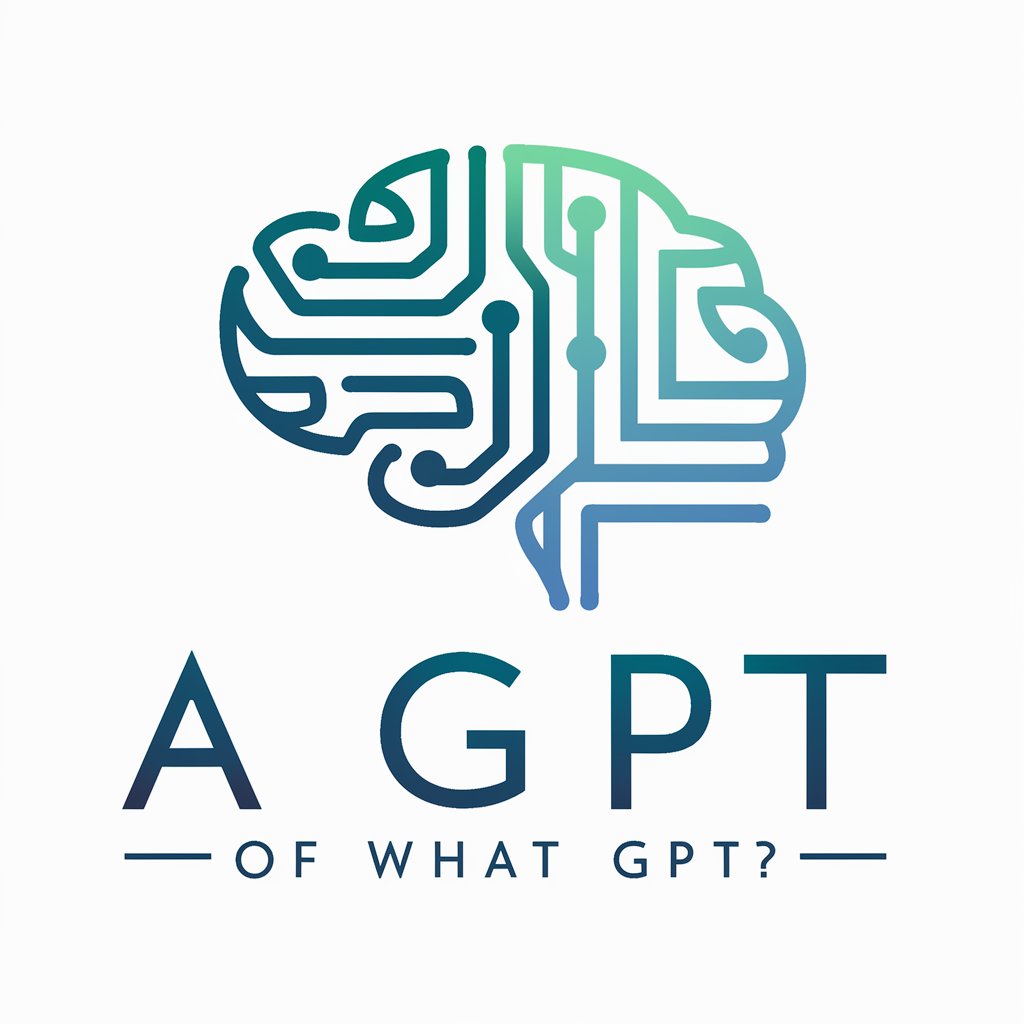
Naming Variable GPT - AI-Powered Naming Assistant

Hi! Describe your variable or function, and I'll suggest a name.
Elevate Your Code with AI-Powered Naming
What's your variable's role?
Describe your function's purpose.
Tell me about your variable in Python.
Need a name for a JavaScript function?
Get Embed Code
Overview of Naming Variable GPT
Naming Variable GPT is a specialized version of the ChatGPT model, designed explicitly to aid in the naming of variables and functions within code. This GPT focuses on the generation of concise, descriptive, and contextually appropriate names that conform to the naming conventions of various programming languages. It aims to enhance code readability and maintainability by providing names that clearly reflect the purpose or use of a variable or function. For instance, in a JavaScript context, for a variable holding a user's first name, Naming Variable GPT might suggest 'firstName' adhering to camelCase convention. Similarly, for a Python function that calculates the total price, it might recommend 'calculate_total_price', following the snake_case convention. These examples underscore the model's adaptability to different coding styles and its emphasis on clarity and simplicity in code. Powered by ChatGPT-4o。

Core Functions of Naming Variable GPT
Variable Naming
Example
userName
Scenario
When a user needs to store a name in a variable in JavaScript, Naming Variable GPT suggests 'userName', ensuring the name is clear and follows camelCase convention.
Function Naming
Example
get_user_profile
Scenario
For a Python function that fetches a user profile, the model recommends 'get_user_profile', reflecting the action performed and adhering to snake_case convention.
Adapting to Language Conventions
Example
IsPrime
Scenario
In C#, when naming a function that checks for a prime number, it might suggest 'IsPrime', following PascalCase, which is commonly used for methods in C#.
Refactoring Suggestions
Example
listOfEmployees
Scenario
If an existing variable name is vague, like 'employeeList', Naming Variable GPT could suggest 'listOfEmployees' for clarity in a Java context.
Target User Groups for Naming Variable GPT
Developers and Programmers
This group stands to benefit the most, as Naming Variable GPT can help streamline the coding process by providing clear, concise, and language-specific naming suggestions. This is particularly useful for enhancing code readability and maintainability.
Coding Educators and Students
Educators can use Naming Variable GPT as a teaching tool to illustrate best practices in naming conventions, while students can utilize it to improve their coding assignments and projects by ensuring that their variable and function names are appropriate and clear.
Code Reviewers and Maintainers
For those tasked with reviewing or maintaining existing codebases, Naming Variable GPT can serve as an invaluable resource for suggesting more descriptive or convention-adherent names, thereby facilitating easier understanding and future modifications of the code.

How to Use Naming Variable GPT
Start Free
Access the tool at yeschat.ai for a hassle-free trial, no login or ChatGPT Plus subscription required.
Select Language
Choose your programming language to ensure the suggested names adhere to its naming conventions.
Describe the Variable/Function
Provide a clear, concise description of the variable or function you need a name for.
Review Suggestions
Examine the provided suggestions and select the one that best fits your needs.
Apply and Iterate
Use the suggested names in your code and revisit for further suggestions as your project evolves.
Try other advanced and practical GPTs
文案优助
Empower Your Writing with AI

Escape from Hobbiton
Craft Your Middle-earth Saga

DreamKeeper
Bringing Dreams to Life with AI

Habits that eventually outweigh the negative ones
Transforming habits with AI-driven insights

InstaGPT Descriptions Generator
AI-powered Instagram Engagement Booster

Prompt writing expert
Crafting Smarter AI Interactions

CSS Power: Variables in Web Design
Streamline Web Design with AI-Powered CSS Variables

Variable name
AI-Driven Naming for Cleaner Code

Introducción a variables aleatorias
Your pathway to mastering randomness.

Variable Sensei
Transforming Terms to Variable Names with AI

Complex Variables and Applications Tutor
Empowering your complex variables mastery with AI.

Python Variable Name Generator
Transform Chinese fields into Pythonic names effortlessly.

Naming Variable GPT Q&A
Can Naming Variable GPT suggest names for both variables and functions?
Yes, it can suggest names for both variables and functions, tailored to the specific programming language's conventions you're working with.
Does it support all programming languages?
While it covers a wide range of programming languages, it's continually updated to support more based on user feedback and emerging languages.
How does it ensure the names are contextually relevant?
It analyzes the description you provide, utilizing advanced AI to understand the context and purpose, ensuring the names are relevant and meaningful.
Can I use this tool for naming classes or methods in OOP?
Absolutely, it's designed to help with naming variables, functions, classes, and methods, following the principles of clarity and readability in OOP.
Is there a limit to how many names I can generate?
There's no set limit to the number of suggestions; you can use it as much as you need throughout your project's lifecycle.





